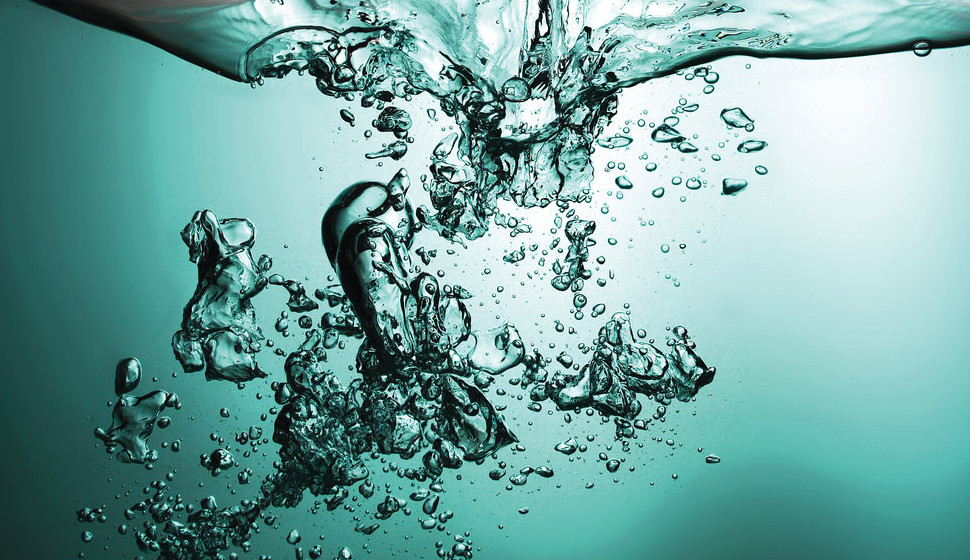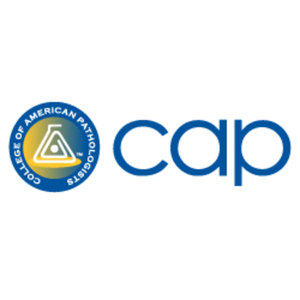Disposal of Alconox, LLC Detergents
What is the proper way to dispose of your detergents? Detergent disposal in a proper manner is an integral part of a robust cleaning program regardless of scale or industry. Alconox, LLC detergents are biodegradable….
Defining Free Rinsing Detergent
A non-free rinsing cleaner might contain fragrances that were designed to deposit and leave a fresh scent, or it might contain corrosion inhibitors that are designed to deposit and leave behind an anti-corrosion film.
Alconox, Inc, cleaners are free rinsing detergents and do not leave deposits on substrates after rinsing.
Laboratory Cleaning – Go Green As You Clean
We’re an environmental lab and need a detergent that can remove organic and inorganic residue while also being as green as possible. We had heard Liquinox or Luminox might be good choices. Which would be better? Are there other recommendations as well?
CAP residue detection
Q. To comply with the College of American Pathologists (CAP) laboratory accrediation inspection questionaire you need to check for detergent residues on your glassware to assure that good rinsing procedures are being used. A. To comply with the testing r
Cleaning Stainless Steel Weldments
Q. We need recommendations for cleaning stainless steel weldments. A Walter weld cleaning machine is being used. We have tried using Luminox® but sometimes it does not produce satisfactory results.
A. Luminox® is a very light duty cleaner used to remove light oils and tiny particulates from delicate substrates. Generally, stainless steel is not considered a delicate substrate. In this case…




